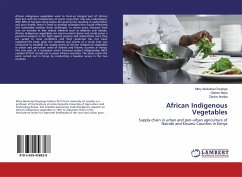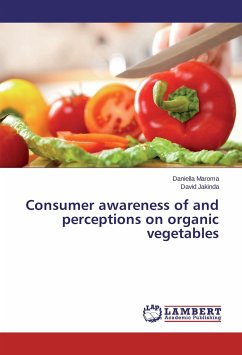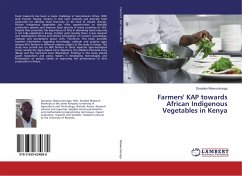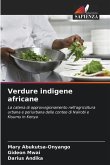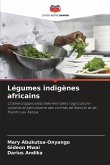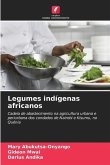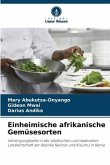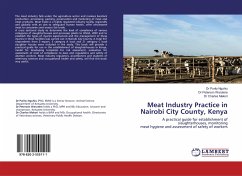African indigenous vegetables used to form an integral part of African diets but with the introduction of exotic crops their role was underplayed. With 60% of Kenyans living below the poverty line resulting in malnutrition and poor health, there is need to develop strategies that would effectively and sustainably address these challenges. In recent years, Kenyans have seen an increase in diet related ailments such as diabetes and obesity. African indigenous vegetables are micro-nutrient dense and could prove a powerful weapon in the fight against poverty and malnutrition since they are suited to local conditions and their potential has not been exploited.This book gives the methods and results of a study that was conducted to establish the supply chains of African indigenous vegetables in urban and peri-urban areas of Nairobi and Kisumu counties in Kenya. This was part of a European union financed project IndigenoVeg INCO number 015101 carried out in seven African countries. The book covers the work carried out in Kenya by conducting a baseline survey in the two counties.
Hinweis: Dieser Artikel kann nur an eine deutsche Lieferadresse ausgeliefert werden.
Hinweis: Dieser Artikel kann nur an eine deutsche Lieferadresse ausgeliefert werden.

